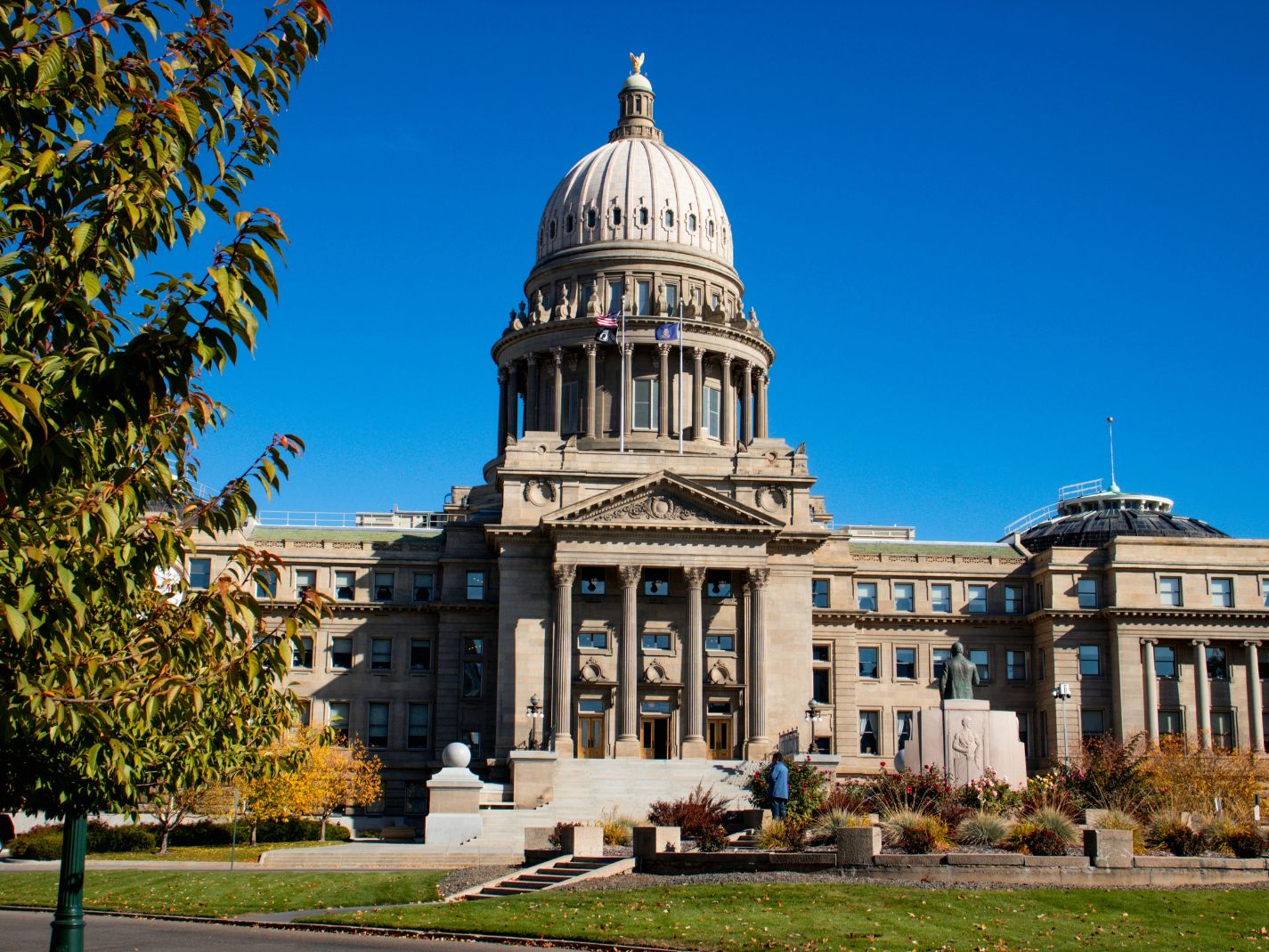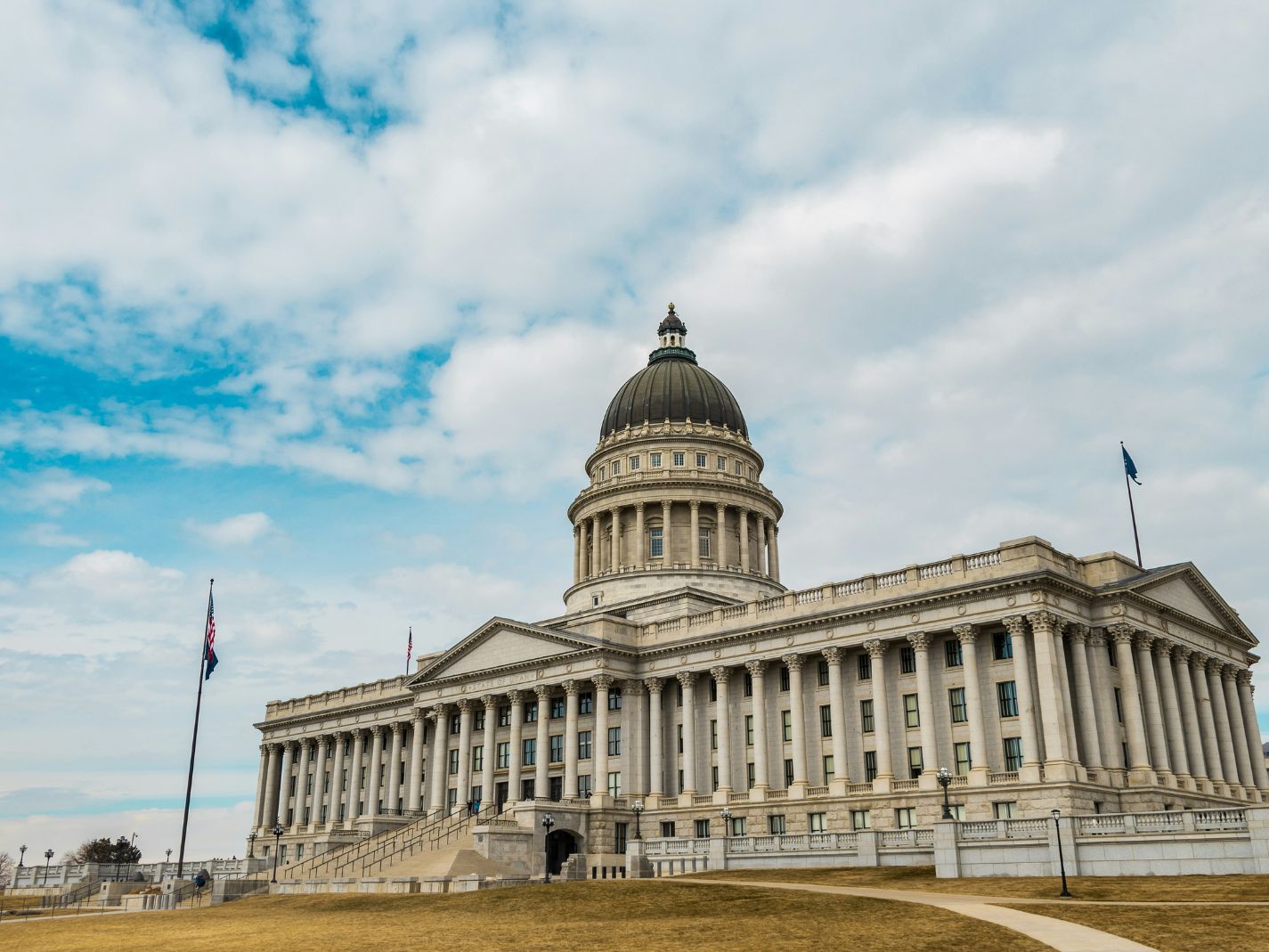We’re coming up to the Solstice! Connecticut has published a wretched new proposed social studies standard. The Martin Center has published admirable model legislation—the Fair Admissions Act. The education establishment is bringing in a lot of money to school board races. All this and more in the latest Resolute …
Wretched New Proposed Connecticut Social Studies Standards
Connecticut has finally issued its proposed new social studies standards. We’ll be writing a critique shortly—although not immediately, because there’s no public comment period, and no mechanism to rally public opinion against these standards. Connecticut will be stuck with them no matter what.
They’re predictably wretched, if not quite the worst possible standards—there’s virtually nothing on European history before the 1700s, but at least they don’t have Minnesota’s Ethnic Studies standards, or Maine’s casual calumny of Americans as genociders. What they do have are typical aspects of Blue State Social Studies Standards:
- Skewing Legislation: Connecticut’s legislature explicitly demanded a catalogue of identity-group “representation.” While Departments of Education usually go beyond legislative language, this Standard actually does follow a fair bit of legislative intent. Blue-state campaigns will have to overturn such legislation.
- Skewing Committees: Partly at the behest of that legislation, the Connecticut Department of Education worked in cooperation with various radical (identity-group) nonprofit organizations to draft the standards. Such cooperation further skews the standards.
- Arbitrary Inquiries: The Connecticut standards clarify the consequences for social studies of “inquiry-based education.” When you start with a question, an inquiry, you start with a politically motivated set of questions, and you select arbitrary pieces of human history to answer these questions. “Inquiry-based learning” is a tool to get rid of chronological narrative, or a judgment of the intrinsic importance of some aspect of human nature, and to substitute ideological priorities as “inquiries,” with disjointed facts to substantiate the ideology. “Inquiry-based learning” isn’t just timewasting, or unproductive pedagogy; it’s an essential means of the political project to turn social studies education into a political propaganda project.
All this will be attempted in purple and red states as well. Connecticut provides a good example of how the radical education establishment want to impose its agenda on state Social Studies standards.
Model Legislation: The James G. Martin Center for Academic Renewal’s Fair Admissions Act
The Martin Center’s working to make sure SFFA v. Harvard actually gets enforced. In their own words explaining their model Fair Admissions Act,
Despite the [Supreme] Court’s clear prohibition of race-based admissions policies, emboldened institutions may attempt to skirt the law by relying on other application materials as proxies for race. Institutions could potentially, for example, give greater preference to applicants who write about their “racial experiences” with discrimination or “contribution to a diverse university environment” in their application essays. The proposed “Fair Admissions Act” model legislation is designed to prevent these kinds of illicit practices, acting as an enforcement mechanism for the new ruling. In addition to holding institutions accountable by requiring them to collect and, when solicited, make available all admissions data, the model legislation encourages colleges to clearly articulate their goals and concretely assess how their current practices help meet those goals. If implemented, the “Fair Admissions Act” can help ensure that college admissions truly remain race-neutral, thereby ensuring equal opportunity and restoring meritocracy in higher education.
The Model Fair Admissions Act is good policy in its own right. But we mention it to Civics Alliance supporters also because, for everything we do, we must think through enforcement. The education establishment will evade carrying out all reform legislation and judicial decisions if it can. Everything we do needs to come with counterpart work to ensure transparency, accountability, and enforcement mechanisms. The Martin Center’s model Fair Admissions Act is a good example of how to carry out this follow-up work.
School Board Races
The education establishment is calling upon a remarkable amount of money for school board races. In Woodland Park, Colorado, which adopted American Birthright, and elsewhere in the country, a lot of money is coming in to flip school boards back to the establishment—and with the money, comes paid activists, and ballot harvesting, and supportive media coverage, and an entire, well-funded professional apparatus, to oppose the amateur and underfunded efforts for school board reform.
We won some victories in 2021 and 2022 while the opposition was napping. They now realize that school boards matter, and they are investing in retaining control.
We have work to do. And one long term priority is to set up organizations that provide administrative and financial support for school board candidates and members, to provide something like an even playing field. This is difficult, because the need is widespread—there are tens of thousands of school board members, nationwide. But we must, perforce, do something to professionalize the support apparatus for reform-minded school board members.
Superintendents Too
More DEI initiatives, from the School Superintendents Association. They too have an association. A reminder: there are no ends of professional organizations, all of them now pushing for DEI. We must reform every aspect of civil society.
Testimony
Would you like to be on a list of people prepared to give testimony in favor of a state bill to reform civics education? If so, please get in touch with me: randall@nas.org. We need people ready to testify in all 50 states—ideally, with some personal tie to the education system, but testimony from any citizen would be good.
The Press Notices Our Work
The New York Times notes that “For Republican Governors, Civics Is the Latest Education Battleground.” It’s about as favorable notice as you could expect from the Times. They think Hillsdale College is behind everything; little do they know that Hillsdale is only one of a number of civics reform organizations! But Civics Alliance supporters should be encouraged! The fact that the Times mentioned what we’re doing means that our successes can’t be ignored.
State Social Studies Standards: What’s Coming Up
- Alaska: Alaska’s Department of Education contracted with the American Institutes for Research to provide draft social studies standards. These draft standards are scheduled to be submitted to the State Board of Education and posted for public comment in March of 2024.
- West Virginia: Social studies standards will be reviewed through January 2024, and presented to the State Board of Education in April 2024.
If you have news we don’t please write in and say! But as far as we can tell, that is the state of play for the present moment.
Civics Alliance Now Has Ten State Affiliates
The Civics Alliance is building a network of state affiliates—groups dedicated to removing action civics in their states, whom we will list on our website. Our newest state affiliate is Nebraska, run by Dennis Applegarth. Welcome, Dennis and Nebraska! We now have ten affiliates, in Alabama, Colorado, Georgia, Mississippi, Missouri, Nebraska, Ohio, Pennsylvania, Rhode Island, and Texas. If you would like to form such an organization, or suggest an existing organization, please get in touch with David Randall (randall@nas.org).
Monthly American Birthright Zoom Meeting
The Civics Alliance will have its monthly Zoom session devoted to social studies standards reform on Tuesday, January 2, at 2:00 PM Eastern Time. Please email randall@nas.org if you would like to join these monthly Zoom meetings.
Social Studies Standards Revision Schedule
2024/Current: Alabama, Alaska, Arizona, Connecticut, Idaho, Kentucky (partial), Montana, Ohio, Oklahoma, Oregon, West Virginia, Wisconsin, Wyoming
2025: Kentucky, Nebraska, Texas
2026: Colorado, Maryland, North Dakota, South Carolina
2027: Hawaii, Kansas
2029: Louisiana
2030: Minnesota
2031: Illinois
No Revision Currently Scheduled: California, Delaware, Florida, Georgia, Iowa, Massachusetts, Michigan, Missouri, New Hampshire, New Mexico, New York, North Carolina, Pennsylvania, South Dakota, Tennessee, Utah, Vermont, Virginia, Washington.
Please email David Randall (randall@nas.org) if you are interested in further information about your state’s social studies revision process, and what you can do to participate.
Continuing Priorities: Federal Legislation
At the federal level, the Civics Secures Democracy Act threatens to impose action civics nationwide.
The Civics Bill Tracker
Civics Alliance supporters may now use the Civics Bill Tracker to track all proposed federal and state legislation related to civics.
Public Action
We encourage Civics Alliance supporters to inform the public and policymakers about the stakes and consequences of action civics bills.
David Randall is Executive Director of the Civics Alliance and Director of Research at the National Association of Scholars.
Photo by Charles “Duck” Unitas on Unsplash



